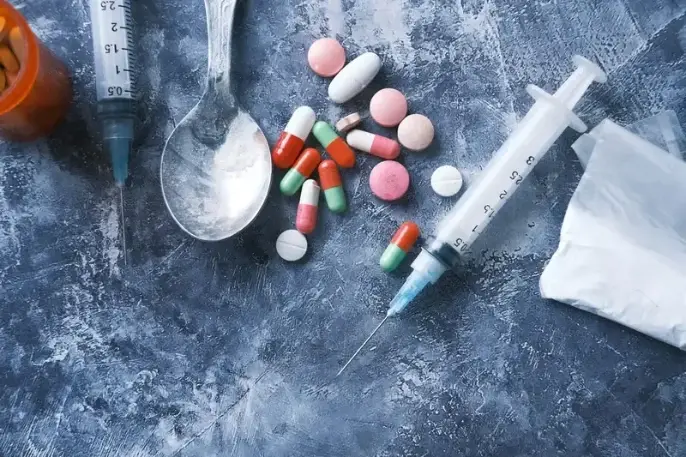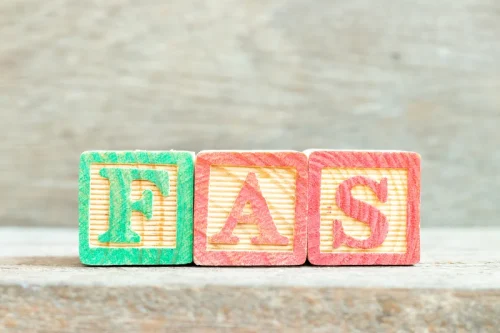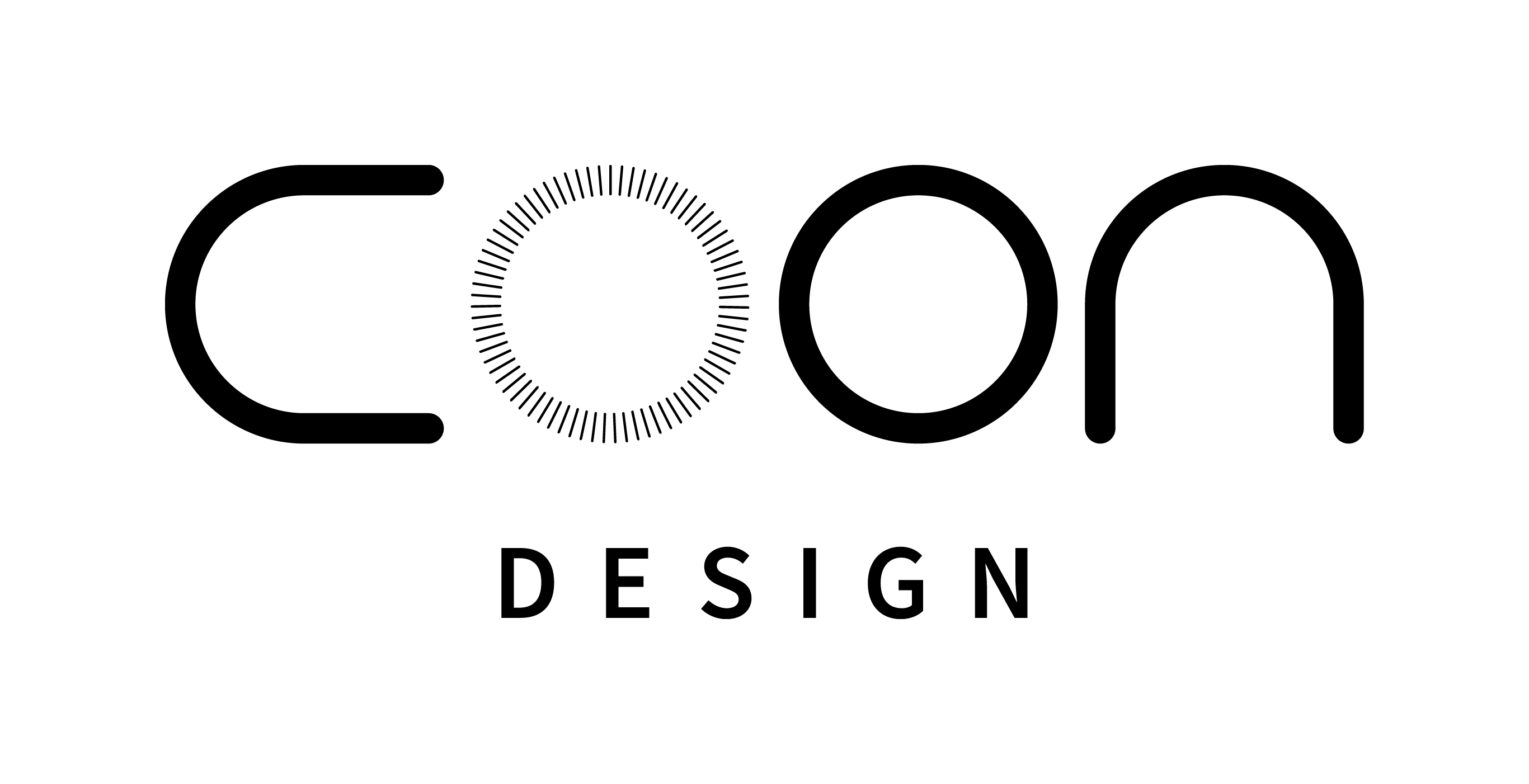
Your health and wellness is unique to you, and the products and services we review may not be right for your circumstances. We do not offer individual medical advice, diagnosis or treatment plans. For personal advice, please consult with a medical professional. Even outside the 9-to-5, personal relationships with alcohol are shifting. Trends show Americans, for instance, are drinking less than they used to, with the average number of drinks consumed falling from 4.8 in 2009 to 3.6 in 2021, per Gallup data.
Don’t miss out…
If caught drinking at work, you may face disciplinary action, referral to an Employee Assistance Program or potential suspension or termination, depending on company policy and the severity of the incident. For instance, in sectors where employees drive, operate machinery, or manage public transportation, consuming alcohol on the job is not allowed. This prohibition is backed by legislation such as the Department of Transportation (DOT) Regulations, which may criminalize operating vehicles while impaired by alcohol. Substance misuse and substance use disorders (SUDs) are significant public and occupational health issues, imposing huge costs on society. It’s not HRs responsibility to control what employees do after hours. Still, by setting clear expectations and boundaries with staff, HR can play a role in curbing destructive drinking behaviors.
Tips To Avoid The Urge To Drink Alcohol To Cope With Stress
Alena is a professional writer, editor and manager with a lifelong passion for helping others live well. She is also a registered yoga teacher (RYT-200) and a functional medicine certified health coach. If you want to reduce your drinking, instead of creating an uncomfortable empty space in your day, look for a replacement habit. The new routine needs to pay off in ways that are similar to the original—eliciting sleep, relaxation or indulgence as needed. There are lots of options for stress relief that don’t include booze.

Improve sleep
It’s important to understand personal limits and goals when considering alcohol consumption. Ultimately, it’s about creating a sustainable plan that supports one’s health and happiness, and sometimes, seeking professional guidance or support groups can be https://ecosoberhouse.com/ a crucial step in this journey. Participating in initiatives like ‘Dry January’ has gained popularity, encouraging individuals to explore a ‘sober curious’ lifestyle. This period of abstinence can help reset drinking habits and establish healthier ones.
Why Is Drinking After Work Common?

It can potentially lead to stress and mood disorders, including depression and anxiety. Some studies show that moderate drinking may be linked to certain benefits (like red wine and heart health). But other research shows no benefit and links moderate drinking to diseases like breast cancer and an increased risk of stroke. Information provided on Forbes Health is for educational purposes only.
Miami Heat: the basketball team turned tech startup
The new edition of the Diagnostic and Statistical Manual of Mental Disorders (DSM-5) includes cravings as part of the diagnostic criteria for alcohol use disorder (AUD). There is evidence, however, that workplace culture is evolving away from a focus on alcohol. Throughout the past few years, for instance, large companies including Salesforce, Uber and Jet made moves to reduce or completely ban alcohol in the workplace.
Health Complications from Regular After-Work Drinking
Internal triggerstypically involve memories, thoughts, emotions, or physical sensations that prompt the urge to drink. The iconic team has developed technology which spread to concerts, nightclubs, and other sports teams. Conversations about sobriety and struggles with alcohol have also become less taboo, particularly in online communities like TikTok and Instagram. Global and national campaigns such as Dry January and Go Sober for October garner more adherents with each passing year. In 2013, 4,000 Britons took part in Dry January; by 2022, numbers reached more than 130,000. And with more people choosing to return to the office in the wake of the COVID-19 pandemic, imbibing post-shift has lost none of its appeal.
Whitsunday Times

Overindulgence can lead to inappropriate behavior and impaired judgment, tarnishing your professional reputation. If you find yourself regularly drinking to get through the workday, it might be time to reassess your relationship with alcohol and seek support if necessary. drinking after work is a common social activity across various professions. It’s often seen as a way to decompress, celebrate team achievements, or simply transition from work mode to personal time.
Use our Unit and Calorie Calculator to find out what’s in your drink. Getting involved in rounds means you normally end up drinking at the fastest drinker’s pace. Not only might you end up drinking more than you would have if you were buying your own drinks, you’ll spend more too. If you drink when you leave the office at five until 11pm, it’s the equivalent of going out at 8pm and staying out until 2am – a big night out by any standards.
- When a craving for alcohol strikes, a good first step involves acknowledging the craving, according to Mehta.
- Alcohol is the most widely misused substance, and frequent drinking can lead to dependence or addiction.
- Even 10 minutes catching up on recent news and sharing stories from your daily life can offer enough of a distraction that the craving passes, almost before you know it.
- After-work drinking is a prevalent social practice where employees engage in consuming alcoholic beverages following the end of the workday.
- Please do not ignore information from your doctor because of something you saw on the Coastal Detox website.
- Sometimes called alcoholic hallucinosis, these can show up within 12 to 24 hours after you quit.
- Depending on the severity and recurrence of the issue, disciplinary actions may range from formal warnings to suspension or termination.
Seeking professional help is often the most effective way to address these challenges. Grace Counseling provides a supportive and non-judgmental space to explore your relationship with alcohol. According to the study, most workers spend about two hours drinking after work, which can extend their day to 11 hours. Alcohol is the most widely misused substance, and frequent drinking can lead to dependence or addiction. Is after-work drinking feeling like a necessity at the end of a long, hectic day?
